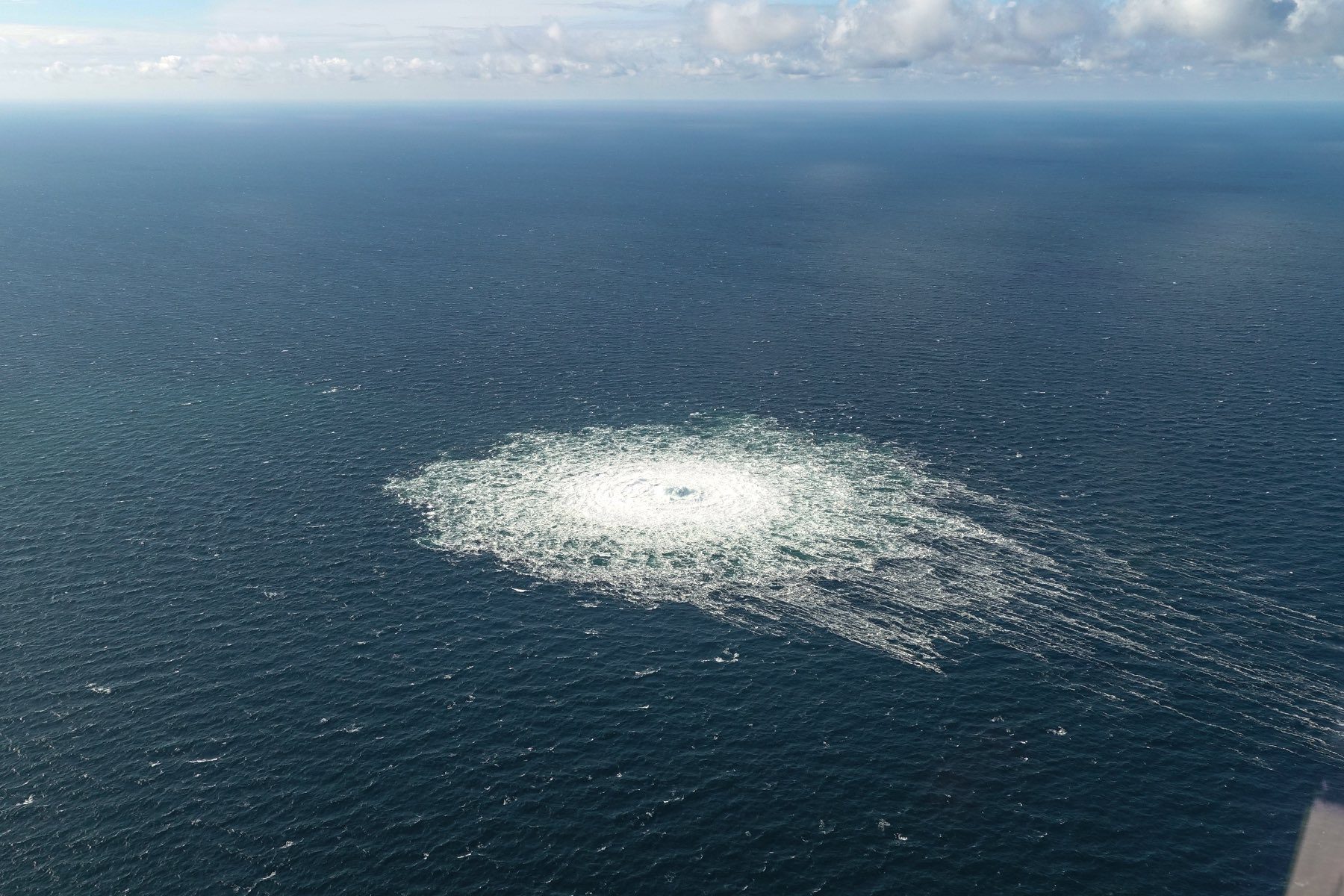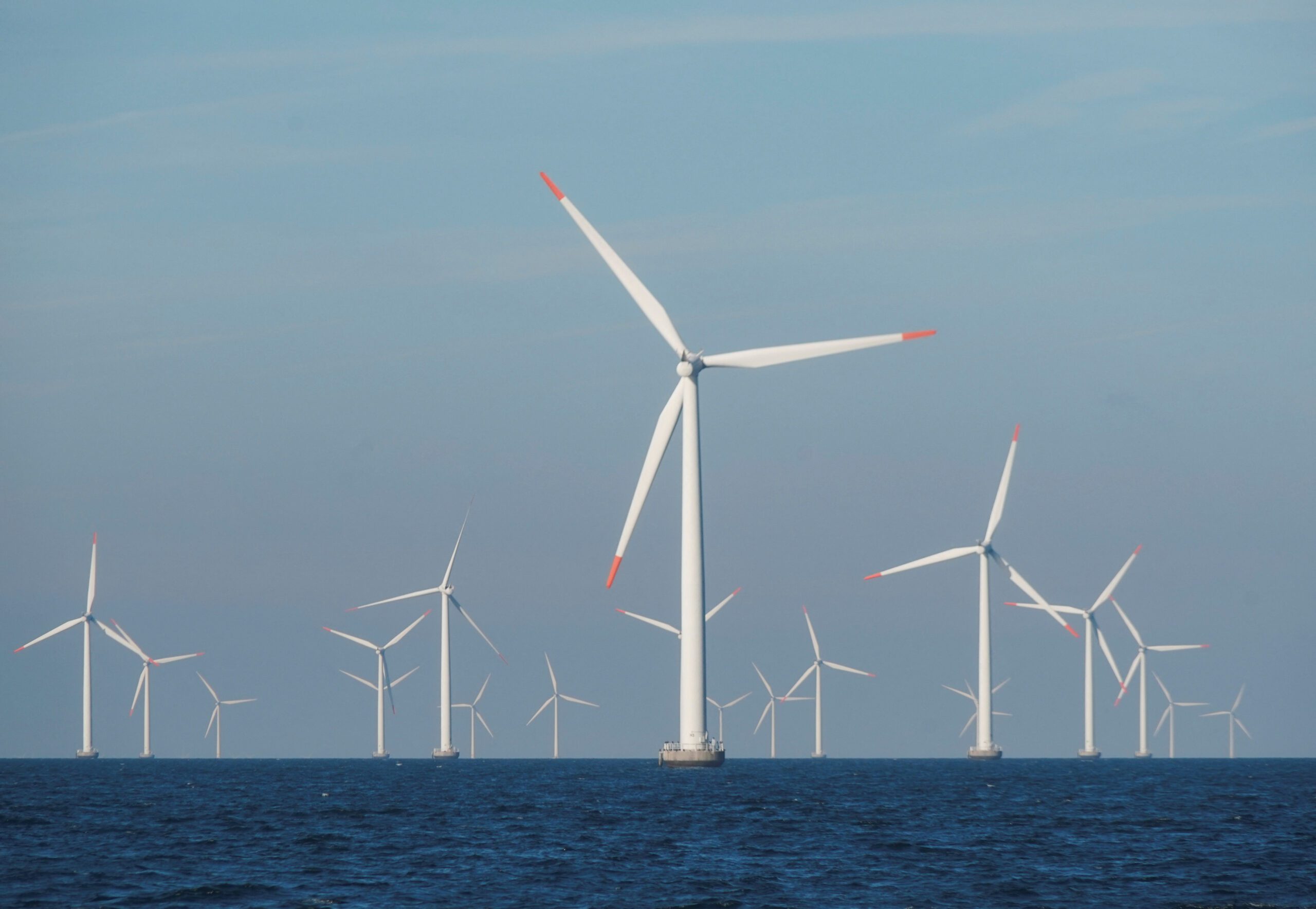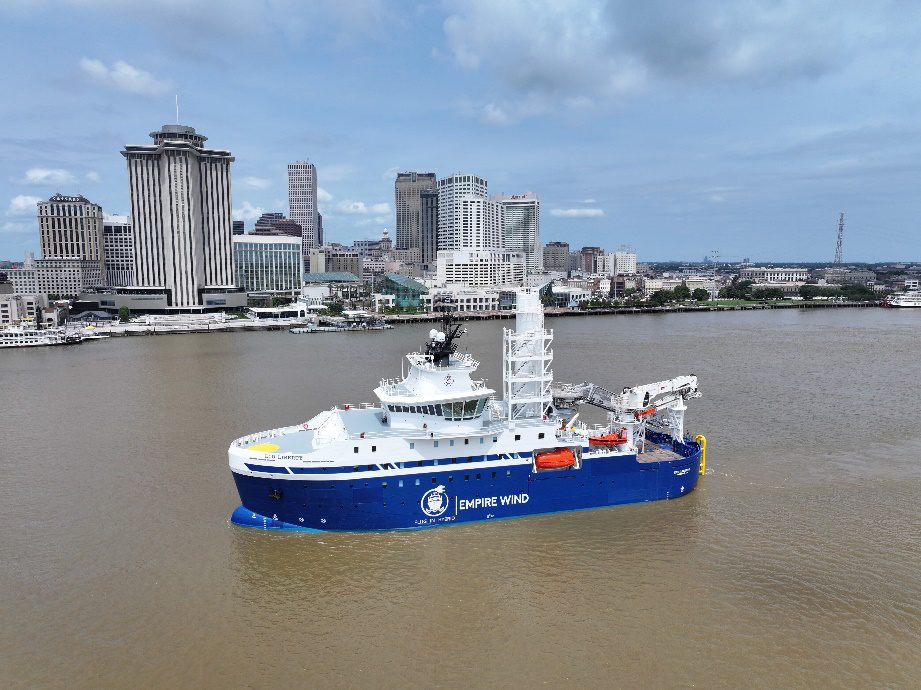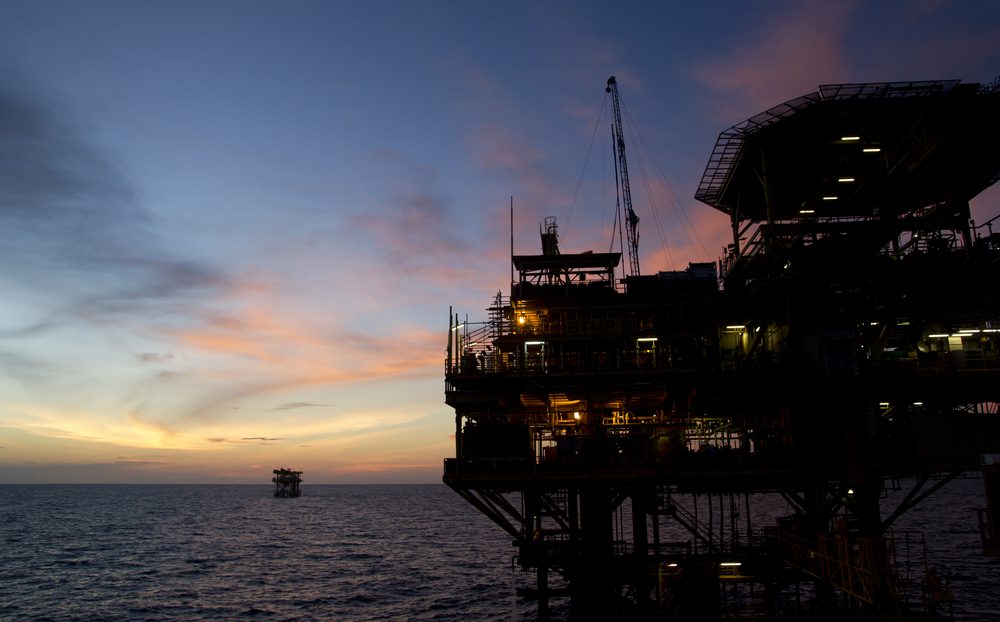By Essi Lehto and Anna Ringstrom
HELSINKI/STOCKHOLM, Oct 6 (Reuters) – A crime scene investigation of the Nord Stream 1 and 2 gas pipelines from Russia to Europe has strengthened suspicions of “gross sabotage” involving detonations, Sweden’s Security Service said on Thursday.
Swedish and Danish authorities have been investigating four leaks from the pipelines in Swedish and Danish exclusive economic zones in the Baltic Sea since they were first spotted at the beginning of last week.
Europe, which is a facing an energy crisis in the aftermath of Russia’s invasion of Ukraine, is investigating what caused the damage as Moscow seeks to pin the blame on the West, suggesting the United States stood to gain.
Washington denies any involvement as a stand-off between Russia and European countries continues over supplies of gas that have stopped flowing or been put on hold as a result of the conflict in Ukraine.
The Nord Stream operators said this week they were unable to inspect the damaged sections because of restrictions imposed by Danish and Swedish authorities who had cordoned off the area.
“After completing the crime scene investigation, the Swedish Security Service can conclude that there have been detonations at Nord Stream 1 and 2 in the Swedish economic zone,” the Swedish Security Service said in a statement.
The security service said there was extensive damage to the gas pipelines and they had retrieved some material from the site that would now be analyzed. The evidence “has strengthened the suspicions of gross sabotage,” they said.
Sweden’s Prosecution Authority said in a separate statement that the area, where gas spewed into the sea for almost a week, was no longer cordoned off.
Russia said on Thursday it had been informed via diplomatic channels that it was not able to join the investigation.
“As of now, there are no plans to ask the Russian side to join investigations,” Kremlin spokesman Dmitry Peskov told reporters, adding that Moscow replied it was not possible to conduct an objective investigation without its participation.
Swedish prosecutors had on Monday cordoned off the area of the leaks for a crime scene investigation conducted by the Swedish Coast Guard and Navy.
On Wednesday, Sweden’s justice minister said in response to the Kremlin that it was not possible to let others take part in a Swedish criminal investigation.
Denmark’s Foreign Minister Jeppe Kofod told Reuters on Thursday that his ministry had not told Russia to stay out of the investigation, but that a police-led taskforce between Denmark, Sweden and Germany was in charge of the investigation.
Maria Zakharova, spokeswoman for the Russian foreign ministry, said separately on Thursday that Moscow would insist on a “comprehensive and open investigation” that includes Russian officials and Gazprom.
“Not to allow the owner (of the pipelines) to witness the investigation means there is something to hide,” Zakharova said.
ITALY STORAGE NEARLY FULL
As European countries try to reassure consumers that they will have power as the cold months draw near, the chief executive of energy group Eni said on Thursday that Italy will have its gas storage nearly full ahead of winter.
Nonetheless, the supply situation is tight, and Italy should be alert to uncertainties that could arise in case of a colder winter or unexpected problems with energy infrastructure, Eni CEO Claudio Descalzi said.
Last year Italy sourced 40% of its gas imports from Moscow, and Eni was the country’s biggest importer of Russian gas.
The head of Germany’s Federal Network Agency, which would be in charge of gas rationing in the event of a supply emergency, repeated his warning a week ago that consumption was too high.
“We will struggle to avoid a gas emergency this winter without at least 20% savings in private households, businesses and industry,” Klaus Mueller of the Bundesnetzagentur said.
“The situation may become very serious if we do not significantly reduce our gas consumption,” he told Reuters.
(Reporting by Reuters and Stine Jacobsen in Copenhagen; Writing by Alexander Smith; Editing by Elaine Hardcastle)
(c) Copyright Thomson Reuters 2022.

 Join The Club
Join The Club












